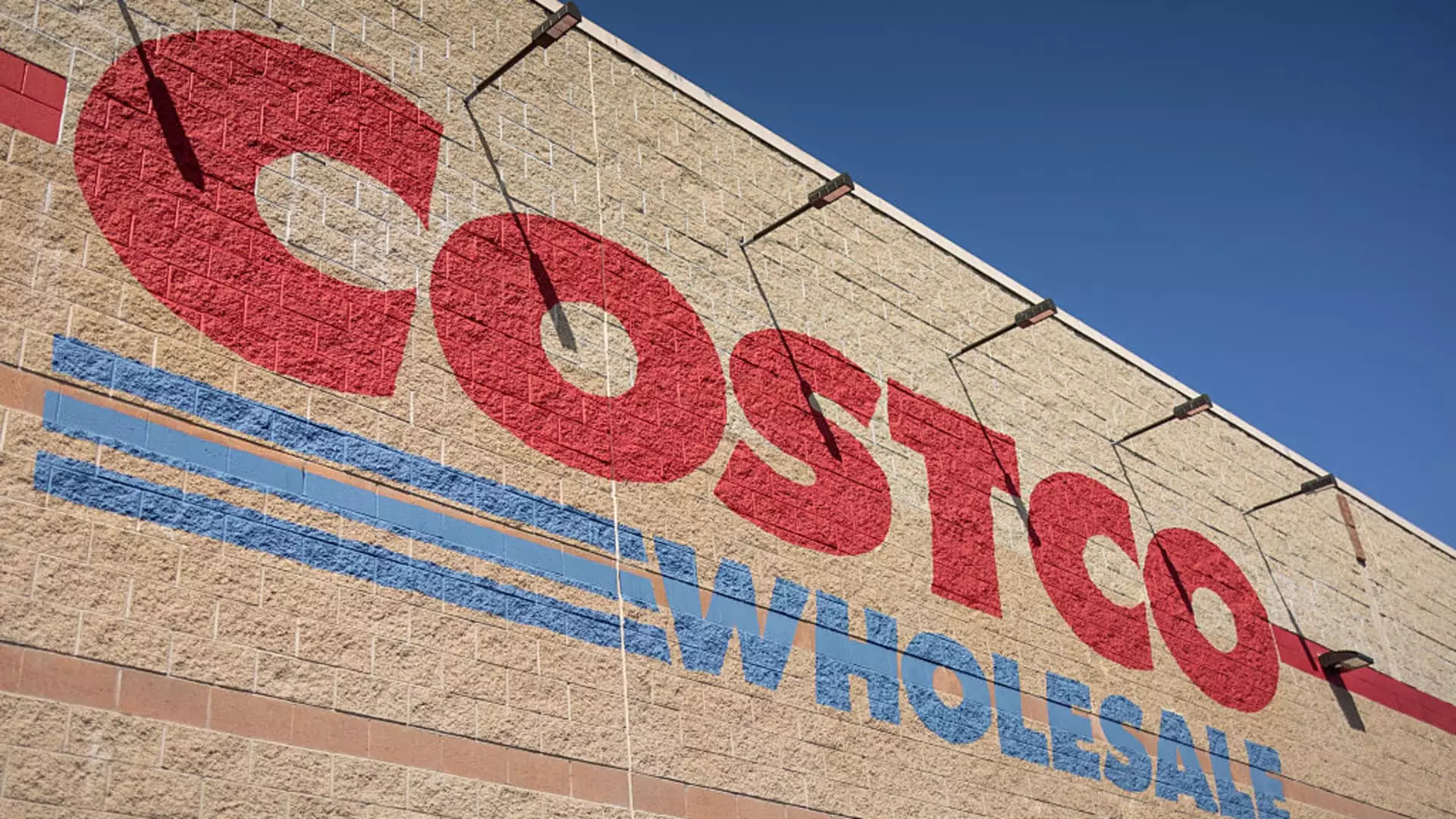In an era defined by economic uncertainty, rising prices, and fluctuating supply chains, Costco emerges as a compelling case study in resilience and consumer loyalty. The company recently reported stellar quarterly earnings, surpassing Wall Street’s expectations with revenues of $63.21 billion—up an impressive 8% from last year. These figures, including earnings per share of $4.28, not only reflect solid financial health but also highlight a growing dependence on warehouse clubs as safe havens for bargain-seeking consumers. This trend raises questions about how traditional retailers will navigate their own challenges when faced with Costco’s formidable business model.
Consumer Behavior in a Changing Economy
Undergoing a shift in consumer behavior can often signal a broader societal transformation. As socioeconomic pressures mount, members of Costco are likely rediscovering the value of bulk shopping and the brand’s commitment to quality at competitive prices. This penchant for frugality is emblematic of a larger narrative where value-driven shopping becomes paramount. When faced with uncertainties such as rising tariffs and looming inflation, consumers increasingly prioritize essential purchases—something that plays directly to Costco’s strengths.
Additionally, the company’s ability to report nearly 16% growth in e-commerce sales underscores an interesting paradox: while traditional brick-and-mortar retail battles the challenges imposed by changing buying habits, Costco has strategically positioned itself to harness the digital wave. By providing superior value and convenience, the brand continues to attract a loyal customer base that increasingly prioritizes shopping efficiency.
The Power of Bulk and Brand Loyalty
Costco’s unique value proposition transcends simply selling items in bulk; it cultivates a membership-based community that thrives on loyalty. With members fully invested in the brand, there’s a psychological component at play—shoppers who see Costco as a necessary ally in a turbulent economic climate. This loyalty is critical, especially in times when other retailers experience price increases or supply chain constraints.
A noteworthy factor in Costco’s continued success is its advantageous position in negotiations with suppliers. Given its substantial scale, the company can assert considerable influence, enabling it to secure lower prices and therefore offer competitive rates to its members. This dynamic not only benefits Costco’s bottom line but also enriches the customer experience, fostering an environment where value reigns supreme.
Tariffs: A Double-Edged Sword
Amid this positive backdrop, however, looming tariffs serve as a reminder of the fragility of Costco’s position. While the potential for economic strain can drive more consumers to warehouse clubs, increased tariffs are likely to culminate in higher prices—an outcome that could deter the very customers that Costco aims to attract. It’s a thorny predicament that requires deft maneuvering, particularly when competitors like Walmart and Best Buy are already signaling price hikes.
Costco’s leadership will need to tread carefully in communicating these potential changes to its members, ensuring that any increases are tempered with the promise of continued value. The strength of CEO Ron Vachris’s statements about leveraging global buying power speaks to the company’s recognition of these challenges. It’s imperative that Costco maintains transparency while reinforcing its commitment to quality and affordability, underscoring its role as a consumer lifeline.
A Looming Challenge for Competitors
As Costco continues to flourish, traditional retailers must grapple with the implications of its success. The steady rise in Costco’s share prices—up nearly 10% this year—stands in stark contrast to the broader retail landscape. With the S&P 500 showing less than 1% growth, the challenges for others in the sector become glaringly apparent. Will competitors be able to adapt and present a credible alternative to Costco’s model, or will they become collateral damage in a game where membership and bulk purchases define the future?
The fusion of economic adversity and Costco’s business acumen invites all stakeholders—consumers, shareholders, and competing retailers—to reassess their strategies. The coming months will undoubtedly test the boundaries of brand loyalty, value perception, and the resilience of the traditional retail landscape, while Costco remains a beacon of effective adaptation amidst turmoil. The stakes have never been higher, and the outcomes could shape the future of retail as we know it.

